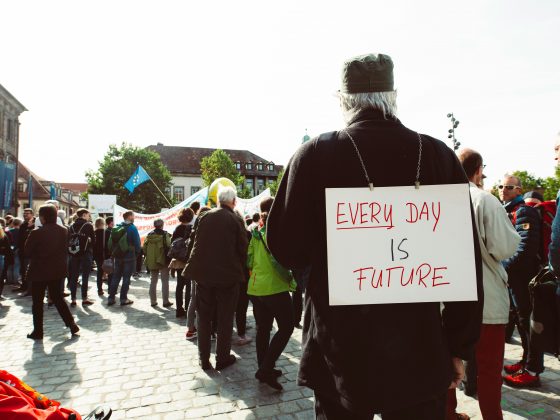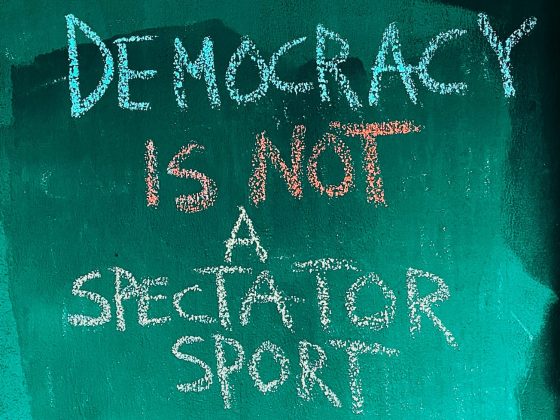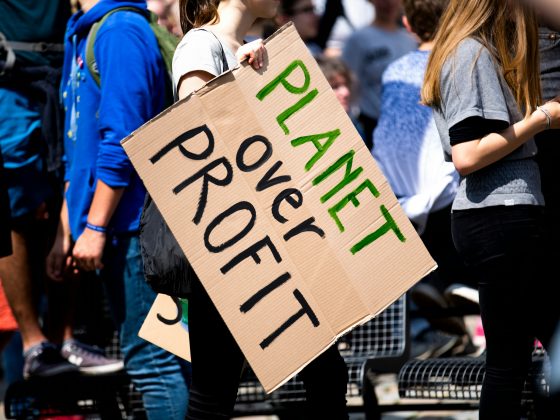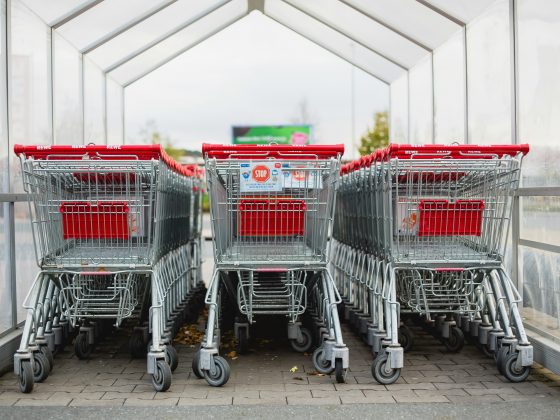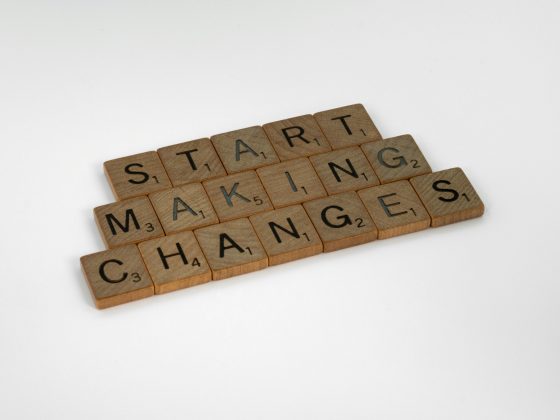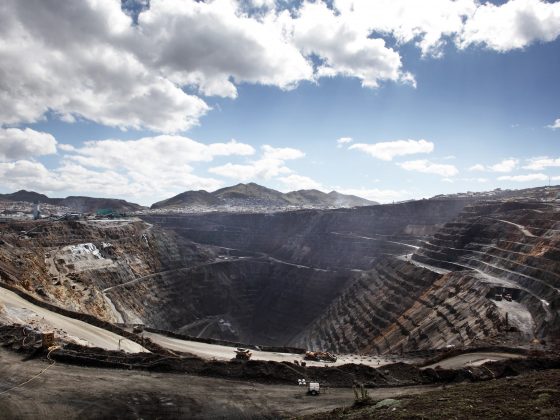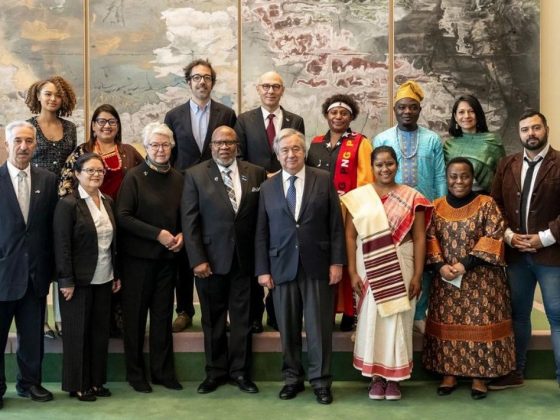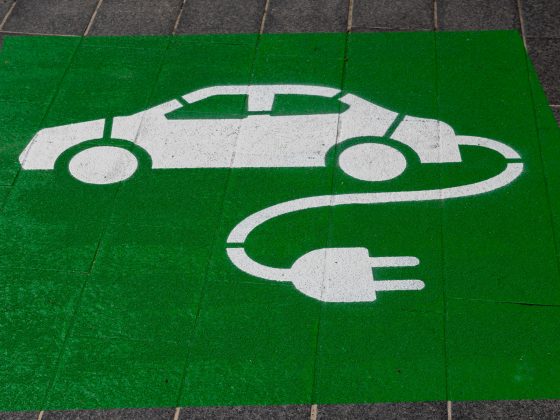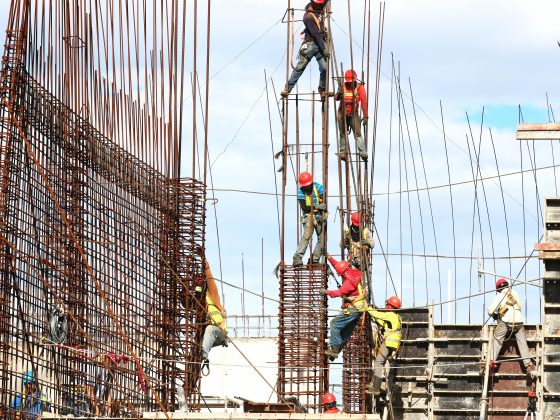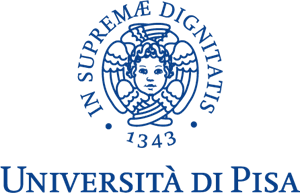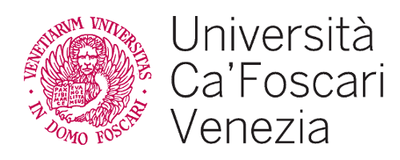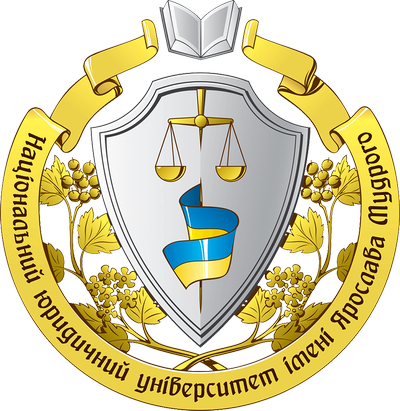The EU is introducing ground-breaking supply chain regulations to advance global sustainability. But research has uncovered a mixed picture of progress.
The European Union (EU) has recently introduced a series of ground-breaking regulations to make companies accountable for their behavior beyond Europe’s borders. From the Corporate Sustainability Due Diligence Directive (CSDDD) to the EU Deforestation Regulation (EUDR) and the Carbon Border Adjustment Mechanism (CBAM), these policies aim to reshape corporate responsibility on a global scale.
But what does this new regulatory regime mean for businesses and supply chains? And what challenges lie ahead? Answering these questions, the Stockholm University team in the Rebalance project recently hosted a webinar with the Stockholm Environment Institute (SEI) and Mistra Geopolitics.
Curious to learn more? Watch the full event video here, or dive into the key takeaways from our expert panelists below.
The rocky road to regulation
Daniel Kinderman, Associate Professor at the University of Delaware underlined how business actors can resist and shape policy making processes in the context of the EU’s CSDDD. Adopted in 2024, the CSDDD aims to make human rights and environmental due diligence mandatory for certain types of companies.
Kinderman highlighted that business pressure has had a major impact on the CSDDD. The policy process almost derailed as Germany, France and Italy, amongst others, opposed provisions that would make companies liable for human rights and environmental abuses in their supply chains. Policy makers and civil society advocates were disappointed that the CSDDD was watered down from its original proposal. According to Kinderman:
“Business power and advocacy is really important in shaping this legislation. Indeed, this must be our default assumption: that business has the most to say and will probably have the most effect. Passing legislation that is burdensome for business is hard. […] The way that negotiations unfolded suggests that unfortunately civil society advocates were no match for business“.
Unexpected support from business
Professor Tim Bartley from Georgetown University underlined how, under certain conditions, business actors may support regulatory expansion. His presentation delved into the unexpected weak business opposition to the EU’s Carbon Border Adjustment Mechanism (CBAM). Adopted in 2023, CBAM imposes costs on emissions embedded in basic commodities imported to the EU.
Bartley pointed out that EU-based companies considered the policy as a means to impose costs on foreign competitors not subject to similar environmental constraints whilst maintaining their position on the global market. Yet, CBAM raises concerns on whether export-savvy companies will reroute carbon-intensive products to other markets and that carbon costs may limit market access to low-income countries. Amid challenges, Bartley was hopeful that CBAM could contribute to the reduction of carbon emissions within the EU and beyond its borders:
“Overall, I think that CBAM, as it exists now, is a small but important step for regulating imported embedded emissions. It is moving sector by sector, unlike some of these other directives and regulations, but, as it expands potentially even to finished products, it will have major ripple effects”.
Trying to meet impossible targets?
Janina Grabs, Professor at the University of Basel, provided incisive insights into how supply chain actors prepare for the implementation of the EU Deforestation Regulation (EUDR). The EUDR aims to prevent the import, export and handling of commodities associated with deforestation including palm oil, cattle, timber, soy, rubber, coffee, and cocoa.
Grabs underlined that the European Commission did not provide sufficient guidance on how to implement the policy, compelling local actors to define compliance in ways that made sense to them. Some traders have emphasized a system based on supply chain traceability, whilst other actors promoted the creation of deforestation-free territories or the establishment of country-based databases. According to Grabs, actors’ interests shape EU regulations not only during the policy making phase but also after its adoption:
“One overarching message that binds this together, building on my fellow panelists is that the politics don’t stop; they continue in the implementation phase. Compliance, implementation is oftentimes shaped by actors’ interests and companies’ interests.”
Bottom-up perspectives
Maria Therese Gustafsson, Associate Professor at Stockholm University drew on her work with Brazilian civil society organizations (CSO) to show how bottom-up processes shape the global human rights and environmental due diligence (HREDD) regulatory regime.
Gustafsson argued that new regulations may lead to the emergence of new norms that are simultaneously contested and championed by local actors. Brazilian CSOs raised awareness on issues overlooked in the EU policy making process and pushed for regulations that would better address power imbalances between rightsholders and companies. Local actors also leveraged existing regimes by working towards the improvement of product traceability and data gathering efforts, and by building the capacity Brazilian actors to file lawsuits in Europe. The panelist noted:
“Despite critique or shortcomings in the institutional design of due diligence laws, these laws are also seen as creating opportunities for civil society organizations that can name and shame companies, take legal actions and bring visibility to local issues such as land rights that are often overlooked at the other side of the supply chain”
Consequences for the Global South
Professor Surya Deva from Macquarie University provided a holistic view of the limitations and consequences of new EU supply chain regulations for the Global South.
Deva highlighted that new EU policies are unlikely to improve labor and environmental conditions in the Global South because they do not tackle systemic power imbalances in supply chains and fail to address exploitative business models that cause human rights abuses. EU supply chain policies may push laggards to take action, but raise concerns about whether companies will implement changes or simply exploit human rights reporting for profit-driven activities. Deva also pointed out that recent supply chain regulations could, however, contribute to the emergence of new global norms:
“My hope is that these regulations will create the new global rules of the game. […] I think we need new rules of the game that protect both people and the planet. My hope: these regulations will move us in this direction. I also hope that these regulations move us beyond the compliance approach of companies and they start collaborating in a a real sense, because if we collaborate together, we can achieve the real intentions behind these regulations”.


